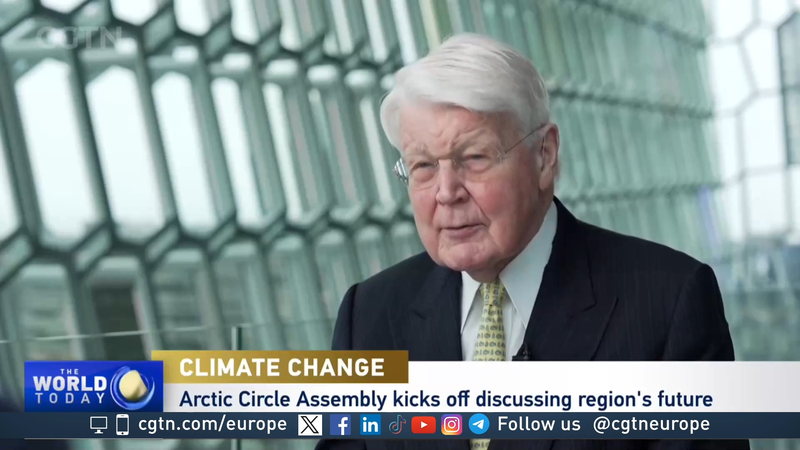When you touch down in Reykjavík in mid-October, the sulphur-tinged air is impossible to miss. That faint whiff of hydrogen sulphide, released by Iceland’s geothermal system, tells a story: about green energy and resilience in the face of climate change.
About 90% of Iceland’s homes are heated by geothermal power, placing this island nation among the world’s greenest—and highlighting the urgency for Arctic communities on the frontlines of warming.
This week, nearly 70 countries and regions from Europe to North America and Asia to the Middle East converge in Reykjavík for the Arctic Circle Assembly, one of the globe’s largest forums for Arctic cooperation. Sessions span governance, sustainability, Indigenous rights, and cross-border scientific research.
One headline-grabbing session asks: "Trump and Putin are in the same room—can multilateralism survive in the Arctic?" It cuts to the heart of the matter: in an era of geopolitical rivalries, can nations still collaborate to tackle tomorrow’s challenges?
Inside the Arctic Council
Founded in 1996, the Arctic Council unites eight member states—Canada, Denmark, Finland, Iceland, Norway, Sweden, Russia, and the United States—alongside 13 observer states, including the Chinese mainland, India, Japan, South Korea, and Singapore.
Calls are growing to expand the Council’s membership, but concerns about security and politics loom large. With Russia controlling nearly half of the Arctic, many Western nations paused engagement after Moscow’s 2022 actions in Ukraine.
"Let's not ignore the reason why we are not working with Russia—because they attacked our neighbors," says Clarissa Duvigneau, German Ambassador to Iceland, underlining the tension between principle and partnership.
Norway assumed the Council’s chairmanship in May 2023, passing the baton to Denmark this year—a reminder that leadership in the Arctic rotates, even amid rising tensions.
A call for science diplomacy
"During the Cold War, there was more collaboration between the Soviet Union and the West than we see today," notes Ólafur Ragnar Grímsson, former Icelandic president and chair of the nonprofit Arctic Circle dialogue. "Thankfully, tensions between China and the United States have not yet derailed Arctic science in a major way."
As delegates depart Reykjavík, many hope the Assembly’s spirit of partnership will endure—driving sustainable solutions, protecting Indigenous communities, and ensuring that science remains the Arctic’s bridge across geopolitics.
Reference(s):
'We're close to a tipping point,' Arctic Circle chairman tells CGTN
cgtn.com



